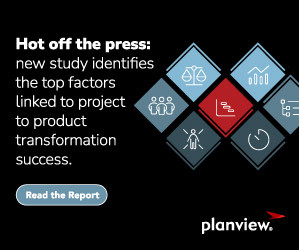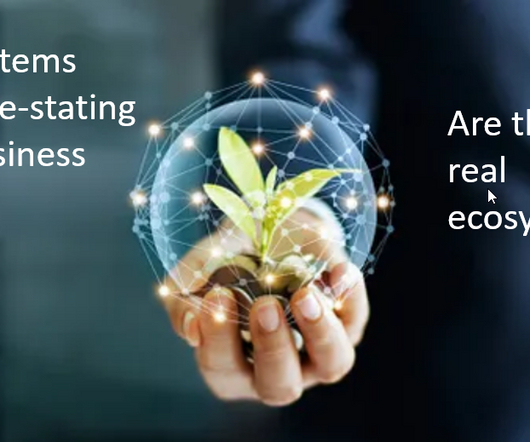Discontinuous Innovation: Transforming Industries & Creating New Markets
Qmarkets
APRIL 17, 2024
By definition, it refers to the introduction of groundbreaking products or services that fundamentally change market dynamics, often rendering existing solutions obsolete. This form of innovation doesn’t just improve on existing products; it completely redefines them, creating entirely new markets and consumer behaviors.



































Let's personalize your content